
Our Blog

April 24, 2023
Changing Your Horses Diet From Winter to Spring
There are a lot of reasons horse owners look forward to spring, not least the chance to spend more joyous time with your equine companions. It’s time to pack away the heavy rugs and look forward to longer rides together, hopefully with some sunshine! When it comes to your horse’s diet around this time of year, it’s only natural that they will spend more time out in the pasture and eating there too. But any changes to their diet need to be managed incredibly carefully.
How To Change Your Horse’s Diet
No two horses are the same and there are a lot of things to consider when it comes to changing your horse’s diet. The number one thing to remember when changing your horse’s diet - or in fact, any part of their management - is that it needs to be done slowly, ideally over a number of weeks.
Horses thrive on routine and sudden changes can compromise their health in the long term. If you are bringing your horse back into work, they will require a gradual reintroduction and extra energy to do what you are asking of them. Their condition may also have changed over winter so it is important to monitor them carefully. New spring grass is usually high in certain types of nutrients and your horse’s system will be unaccustomed to them after a long winter. So the equine digestive system needs to be slowly introduced to it before it can handle hours of grazing on green pasture grass.
A good source of forage is essential for a healthy horse, both physically and mentally, and should remain the main source of nutrition for horses all year round.
Here at M&T Haylage, as a premium haylage & hay supplier, we know that nutrition is everything. Our specialist nutritionist is dedicated to creating bespoke feeding strategies for your horses, and can answer any questions you may have on this topic. Feel free to get in touch and book a time to speak with us so we can help you get the best product for your horse.
What To Do If You Have An Overweight Horse
Before developing a feeding strategy for your horse you must consider their age, weight and condition, how they maintain that weight and the level of work they undertake.
This is crucial to make sure you do not overfeed or underfeed them. Horse obesity is a significant issue and if your horse is overweight, they will be more at risk of conditions such as laminitis, as well as poorer performance. You can use our expert guide to body condition scoring to measure the fat distribution of your horse.
If your horse is overweight, it is best to work with an equine nutritionist or veterinarian to plan a sufficient weight loss programme. This will likely be based on reducing the calories your horse consumes and increasing their exercise but in a gradual way. One of the top tips we share with clients is that allowing your horse to graze over larger periods of time is better for their digestion. You can do this by providing as much turnout as possible, splitting their hard feed into multiple smaller feeds and using slow feeders and hay nets to increase the length of time your horse eats forage for.
The Benefits Of Spring Grass
Spring pasture growth has higher levels of carbohydrates for energy and protein for growth. However, that is not always a good thing. Grazing on spring grass without higher energy demands can result in weight gain among horses. And spring grass is also lower in fibre, which is so important to equine digestive health. Many horse owners report each year that feasting on spring grass can cause digestive and behavioural issues in their horses. So it is advised to continue offering hay or haylage for horses in the field to choose to boost the fibre content in their diet.
How We Can Help Your Horse At M&T Haylage
As an international supplier of hay and haylage, our premium products are specifically designed to meet the individual needs of your horse. For sports and competition horses, we even offer our Haylage Elite, which includes an especially high protein and energy content.
We are experts in horse nutrition, get in touch to see how we can help you improve your horses diet.

April 4, 2024
Eat, Sleep, Compete, Repeat
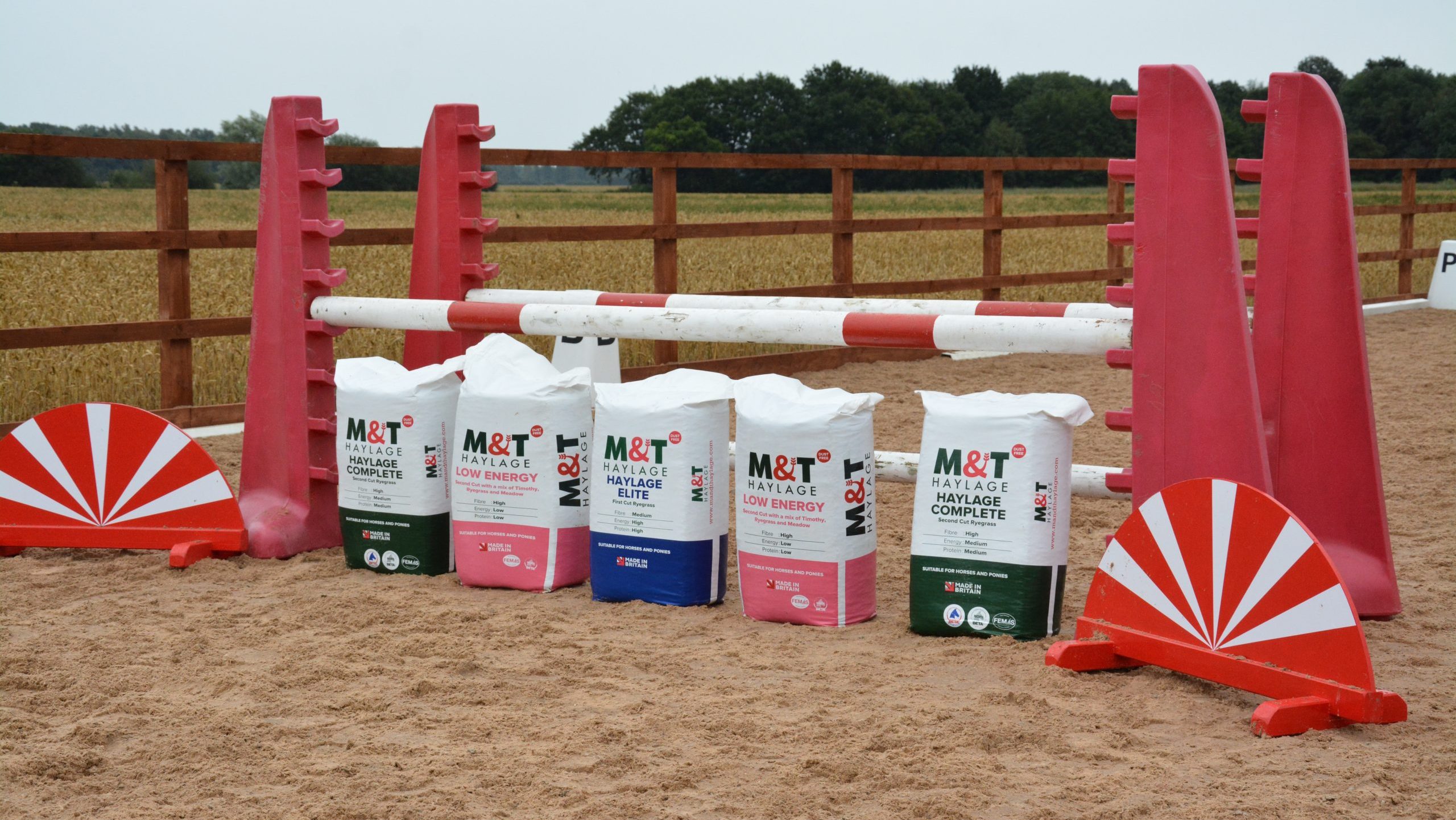
March 8, 2024
Top Tips For Managing Forage On The Go: Part Two

March 8, 2024
Consistency Is Key for Horses
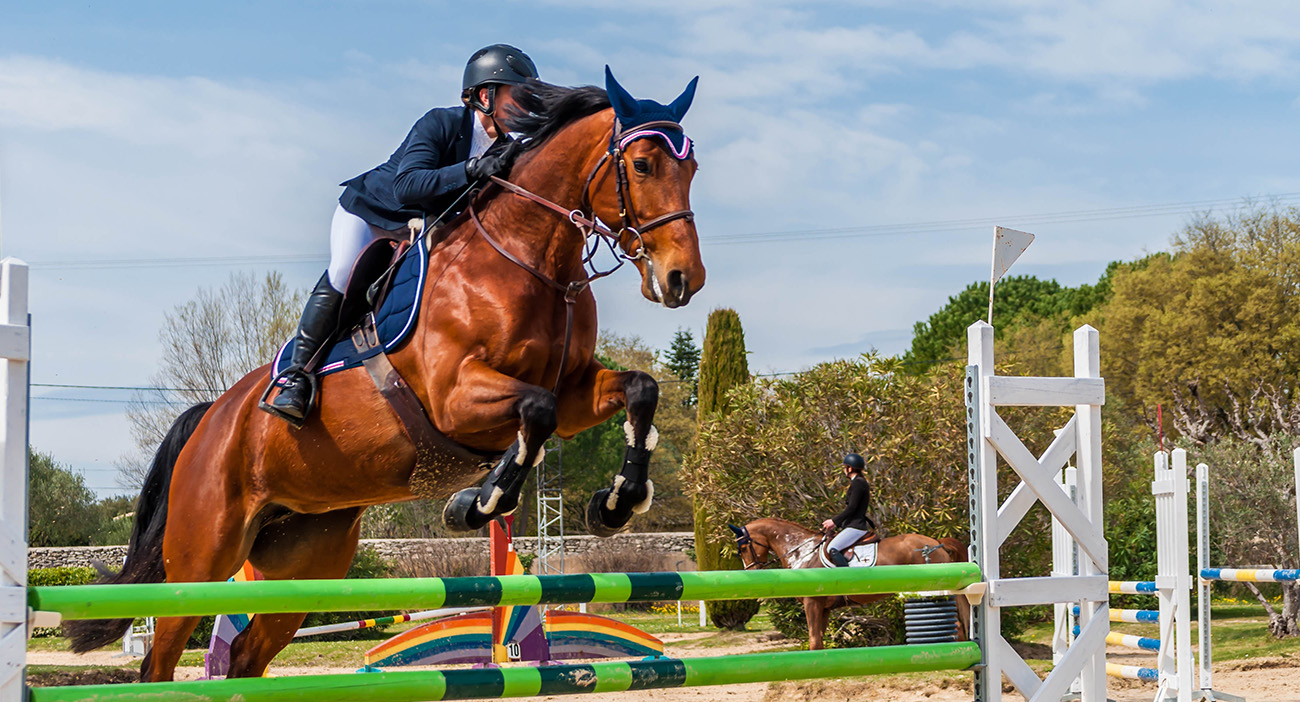
February 19, 2024
Don’t Underestimate The Value of Preparation
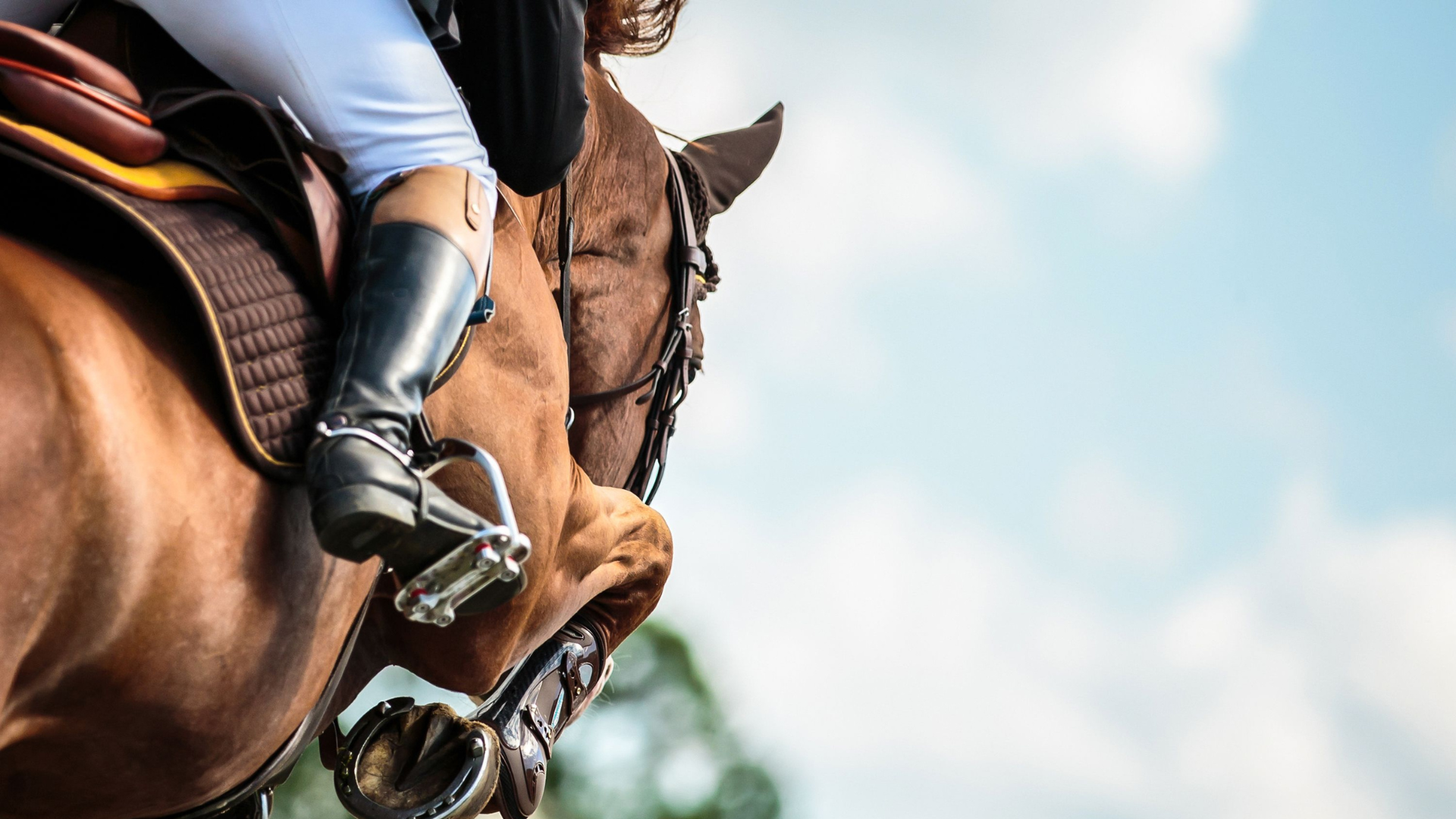
February 6, 2024
Know Your Horse Inside Out
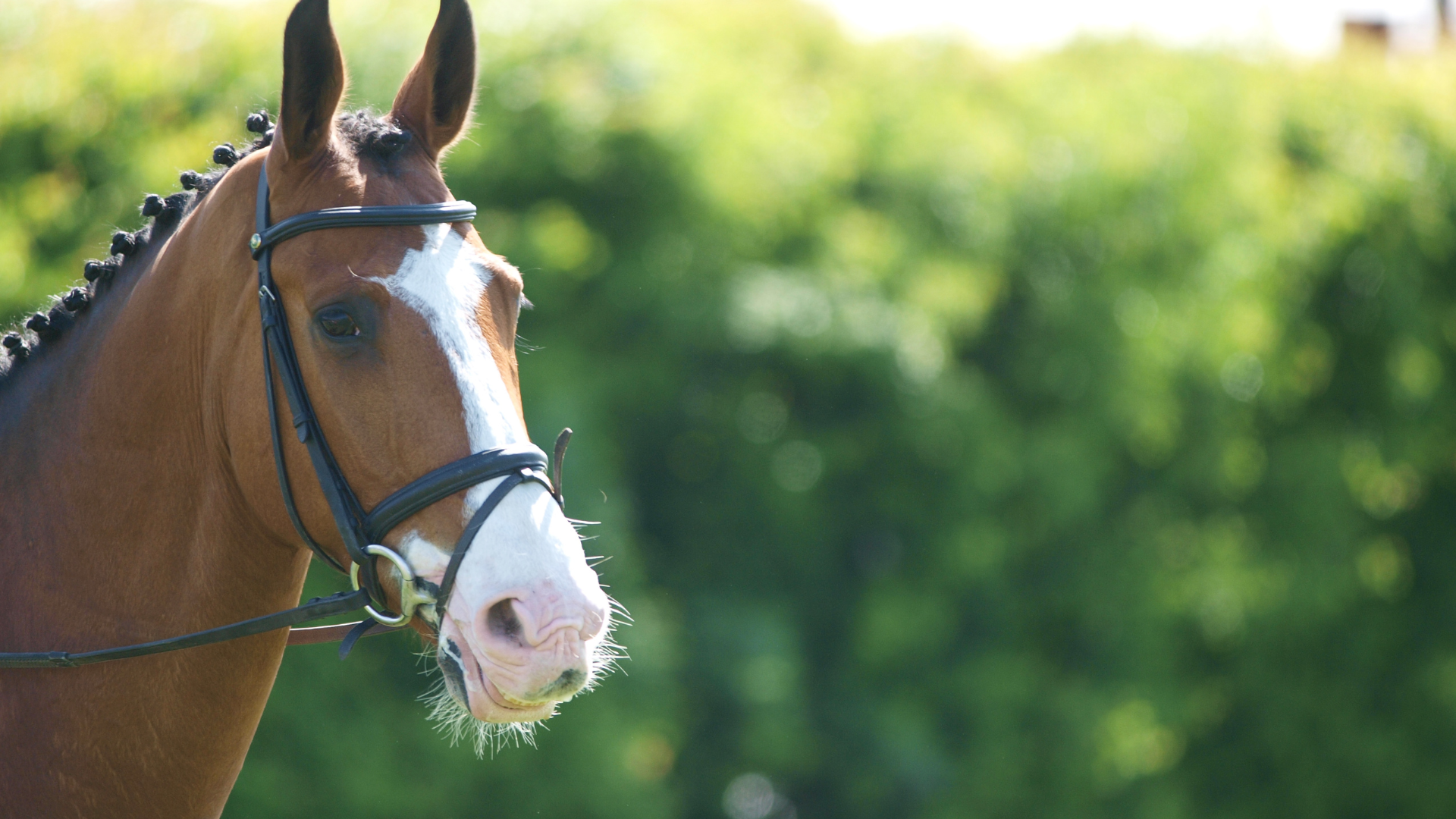
December 11, 2023
How To Get The Most Out Of Your Horse Forage During Winter

November 7, 2023
Which Hay Shall I Feed My Horse or Pony?
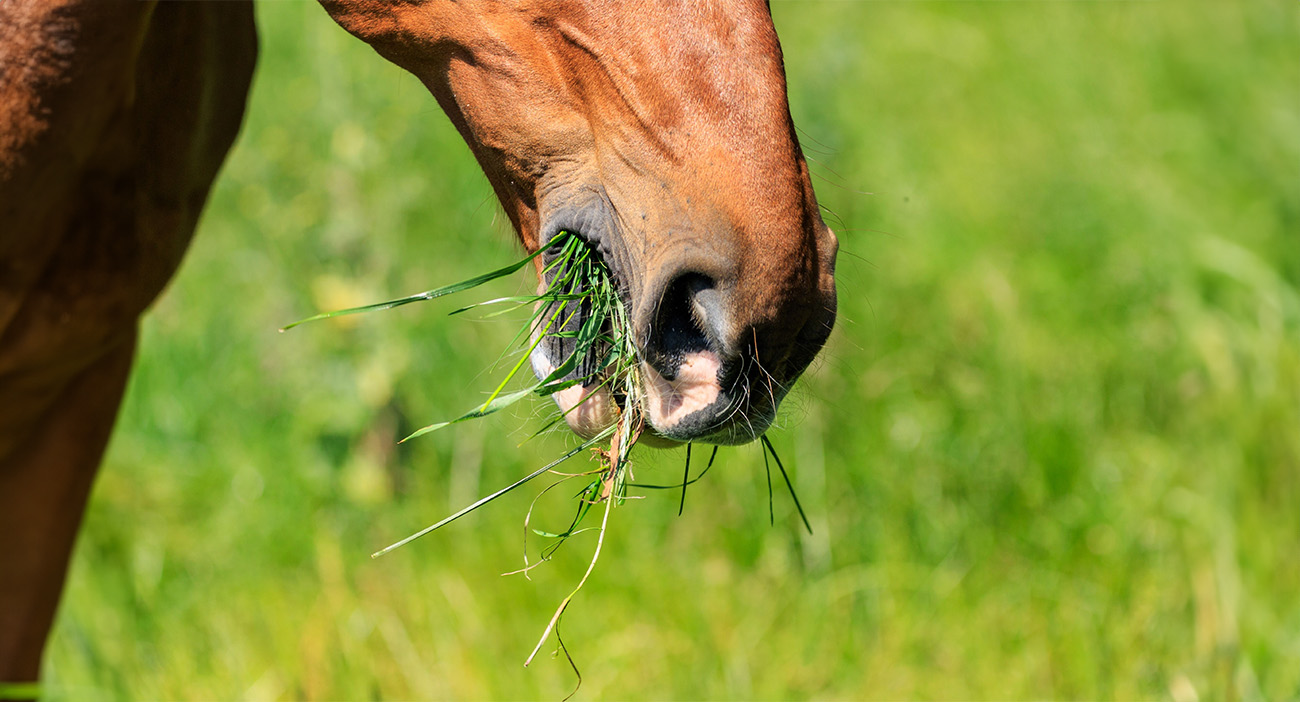
September 14, 2023
Hay Exportation – Why Choose British Hay?

April 24, 2023
Changing Your Horses Diet From Winter to Spring
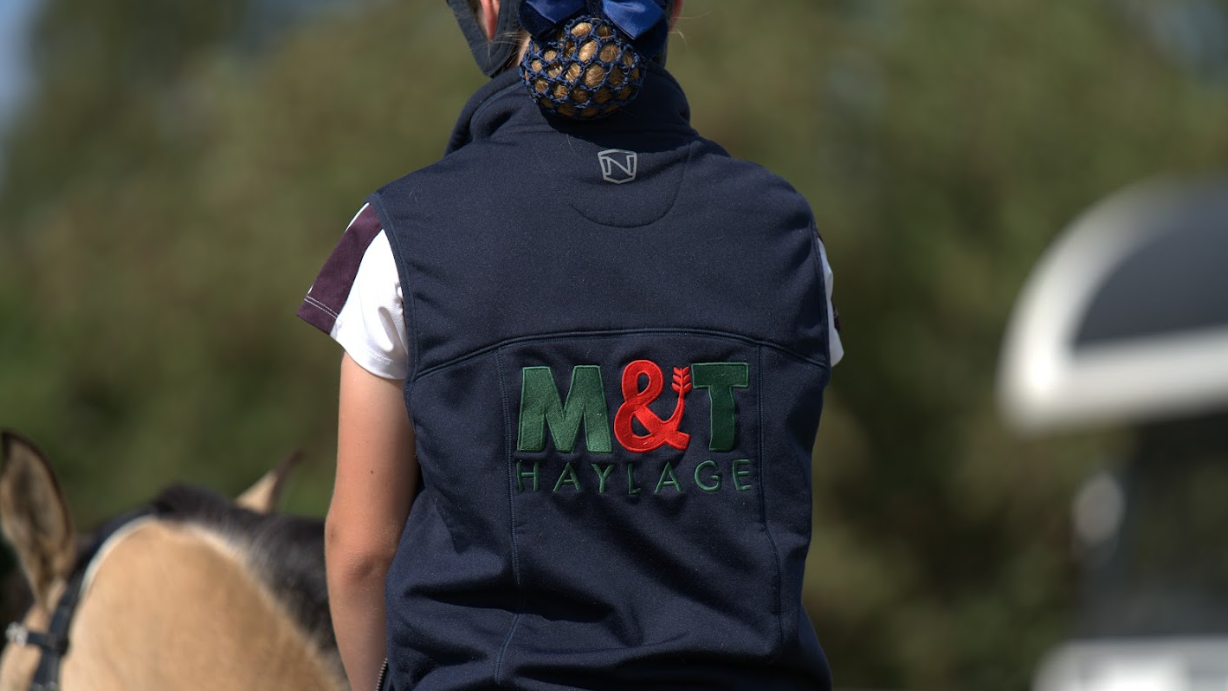
March 3, 2023
Hay vs Haylage: Which Is The Right Option For Your Horse?
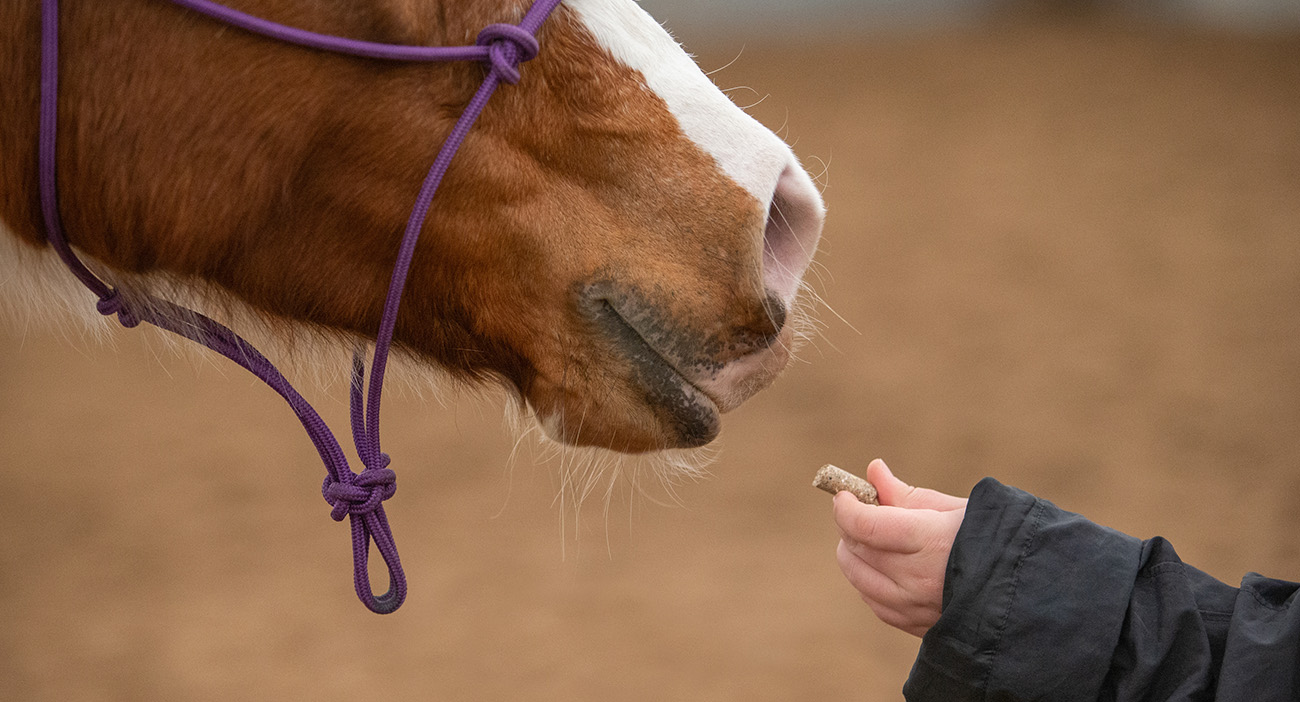
January 13, 2023
How To Bring A Horse Back Into Work After A Break
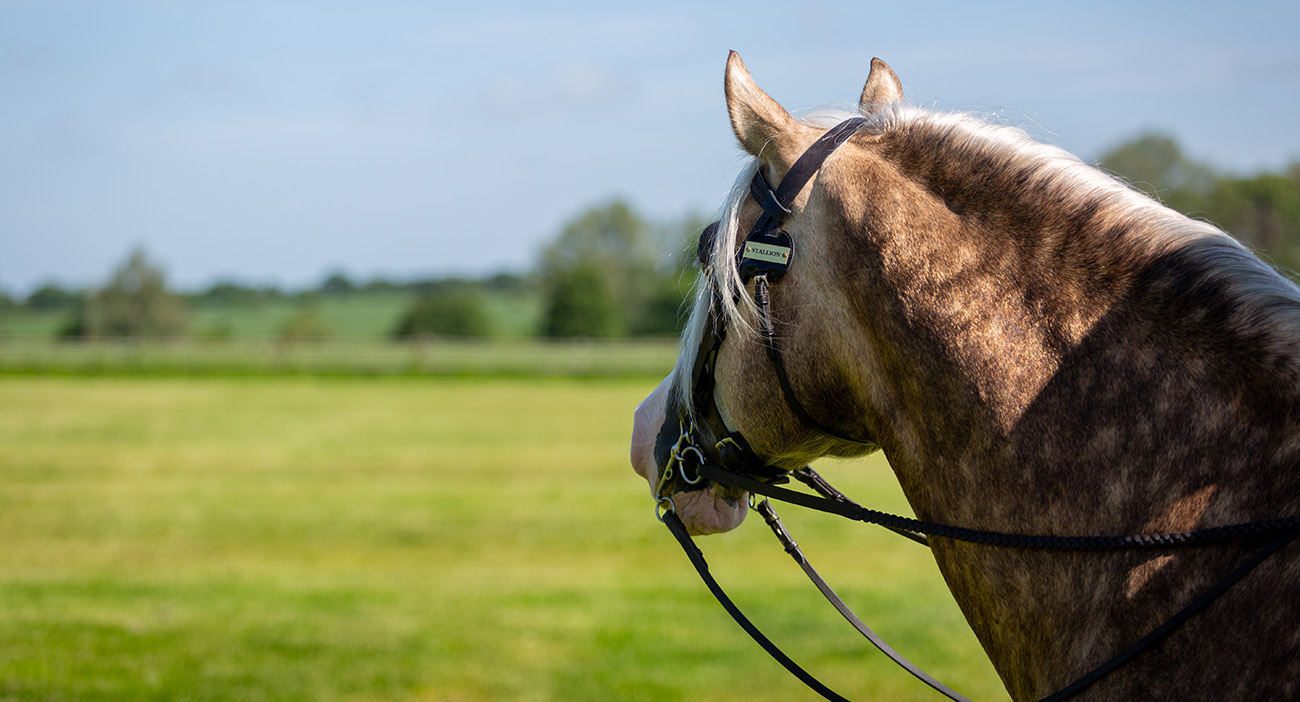
November 23, 2022
How To Body Condition Score Your Horse
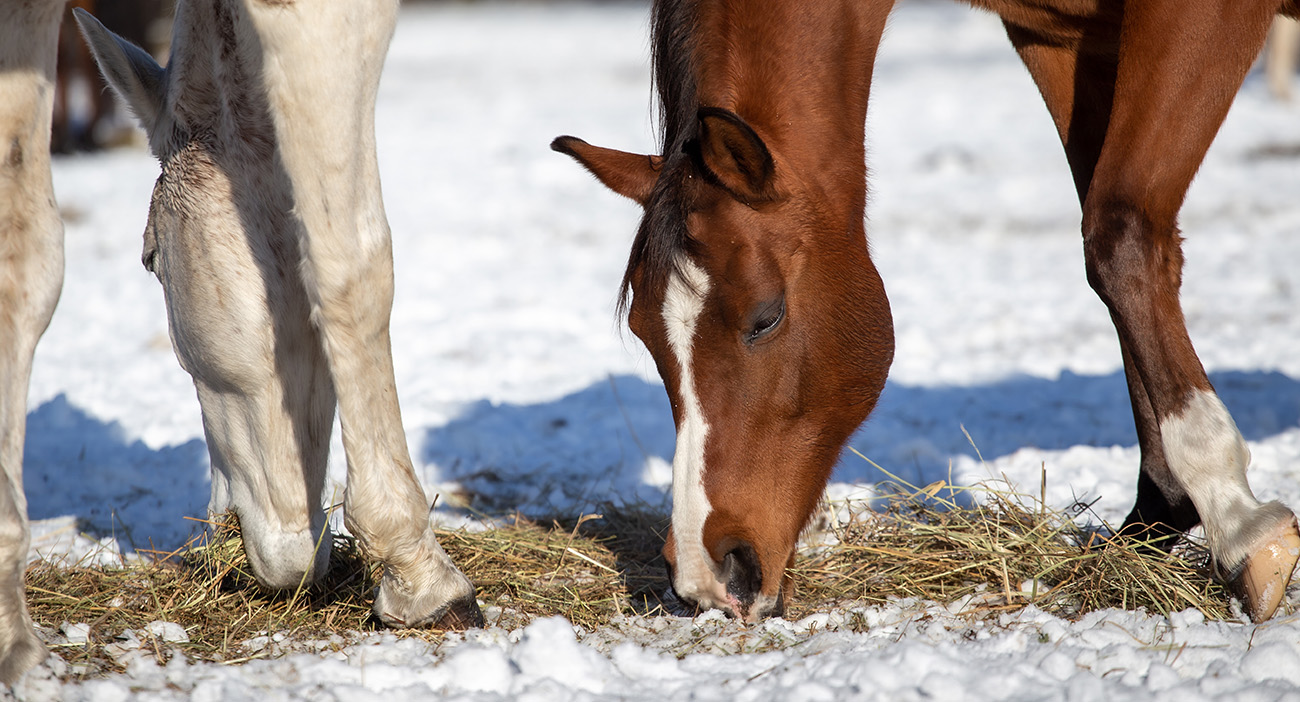
November 7, 2022
Winter Feeding Tips For Horse Owners
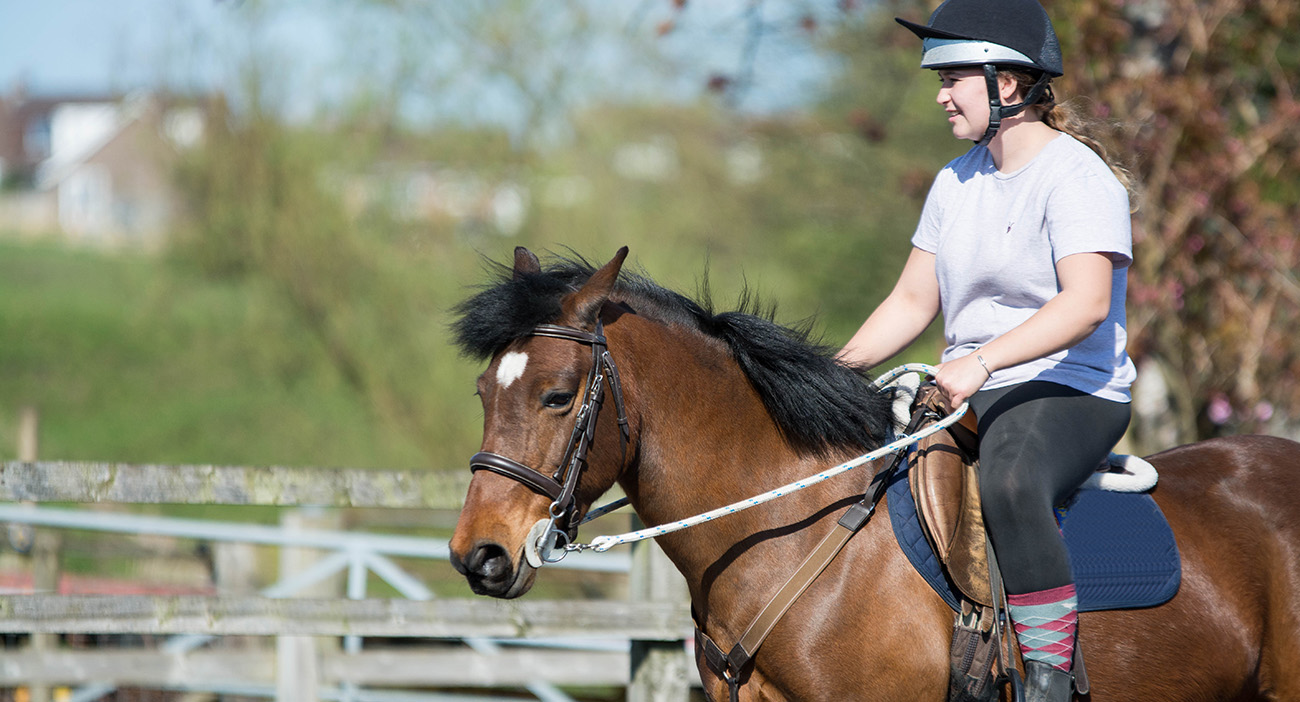
October 20, 2022
Money Saving Tips For Horse Owners
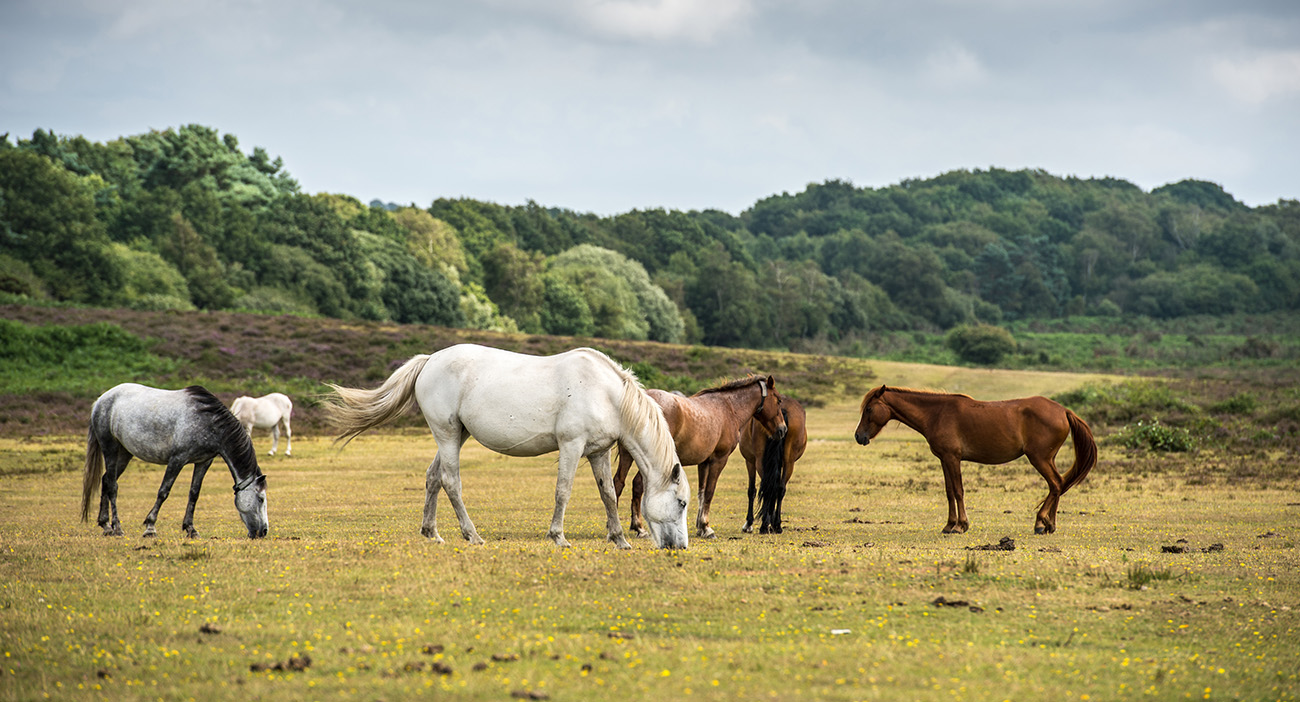
October 3, 2022
8 Ways To Keep Your Horse Entertained

September 30, 2022
Equestrian Question and Answer Session: Sophie Platt
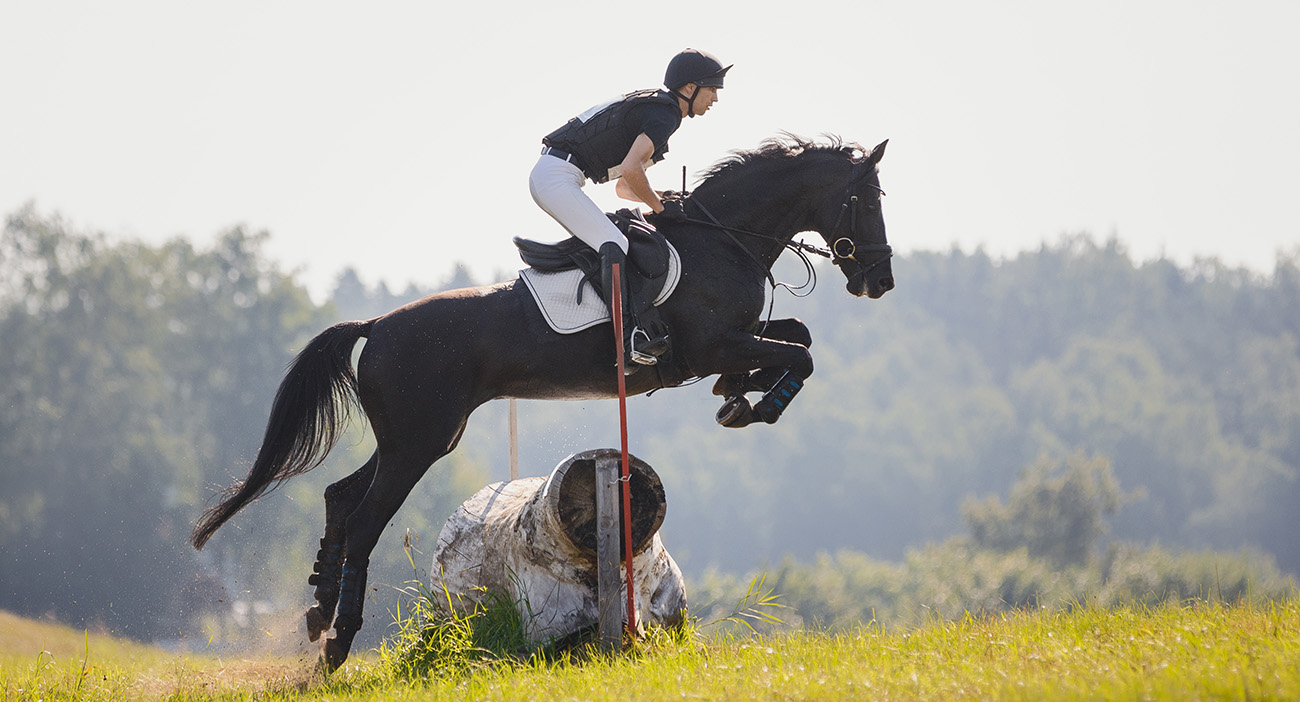
August 25, 2022
Preparing Your Horse For Competition
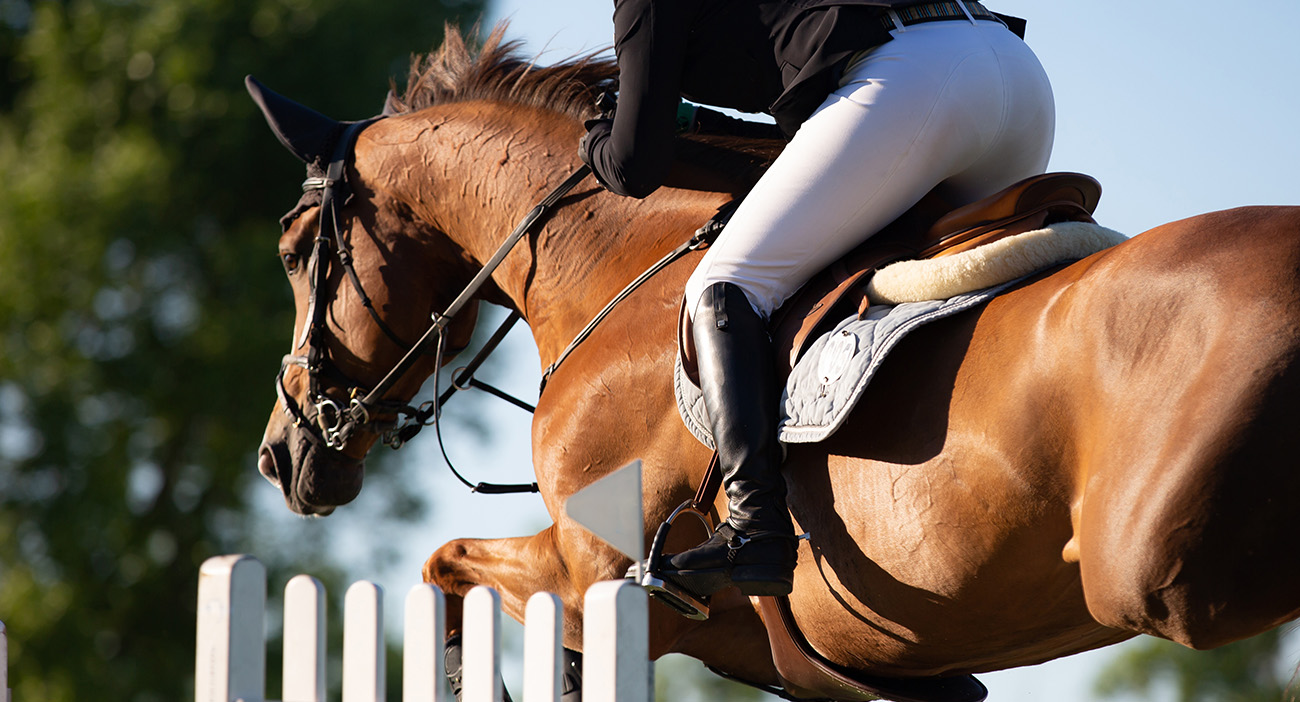
July 28, 2022
What Is Normal For My Horse?
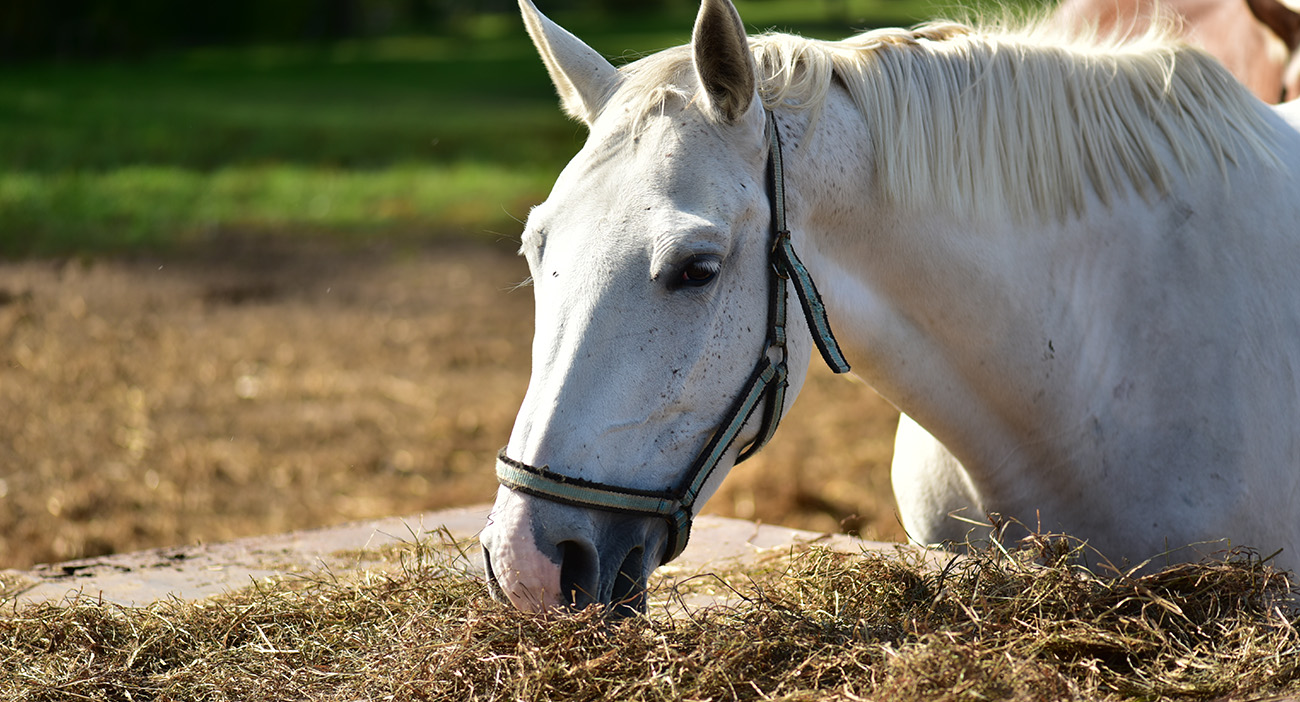
June 30, 2022
Compeition Horses: Managing Forage and Water Intake
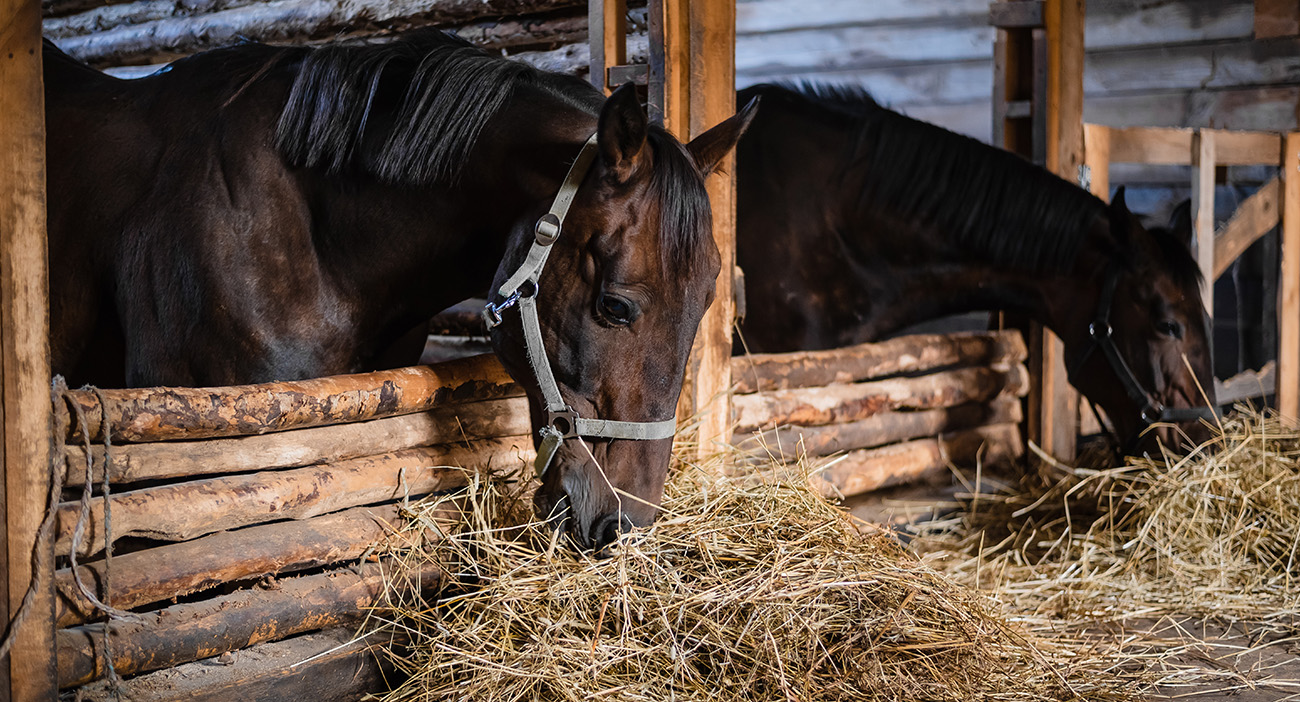
October 1, 2021
How To Feed EMS Horses: Nutritionist Top Tips For Horses
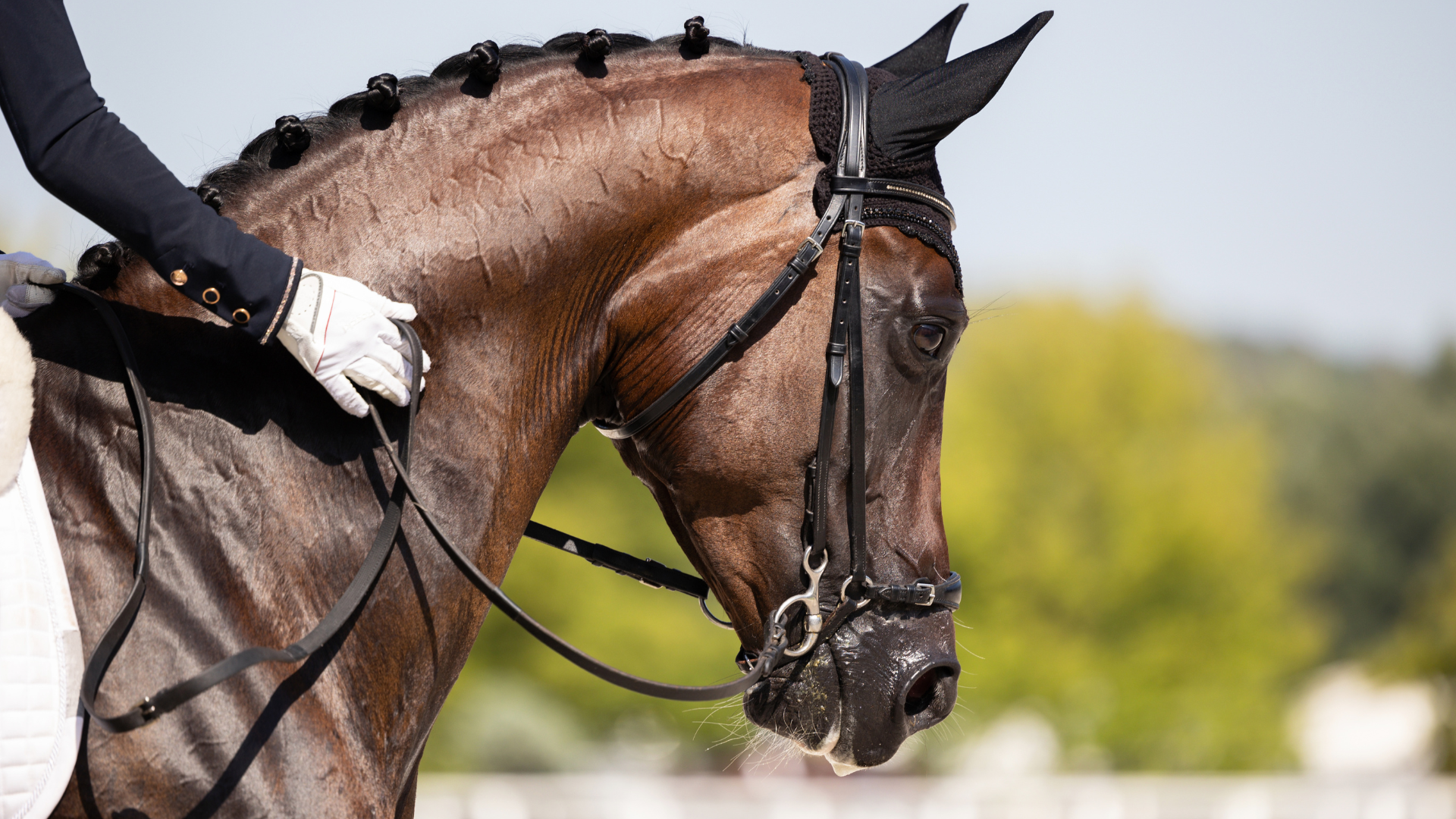
September 22, 2021
Feeding The Equine Athlete
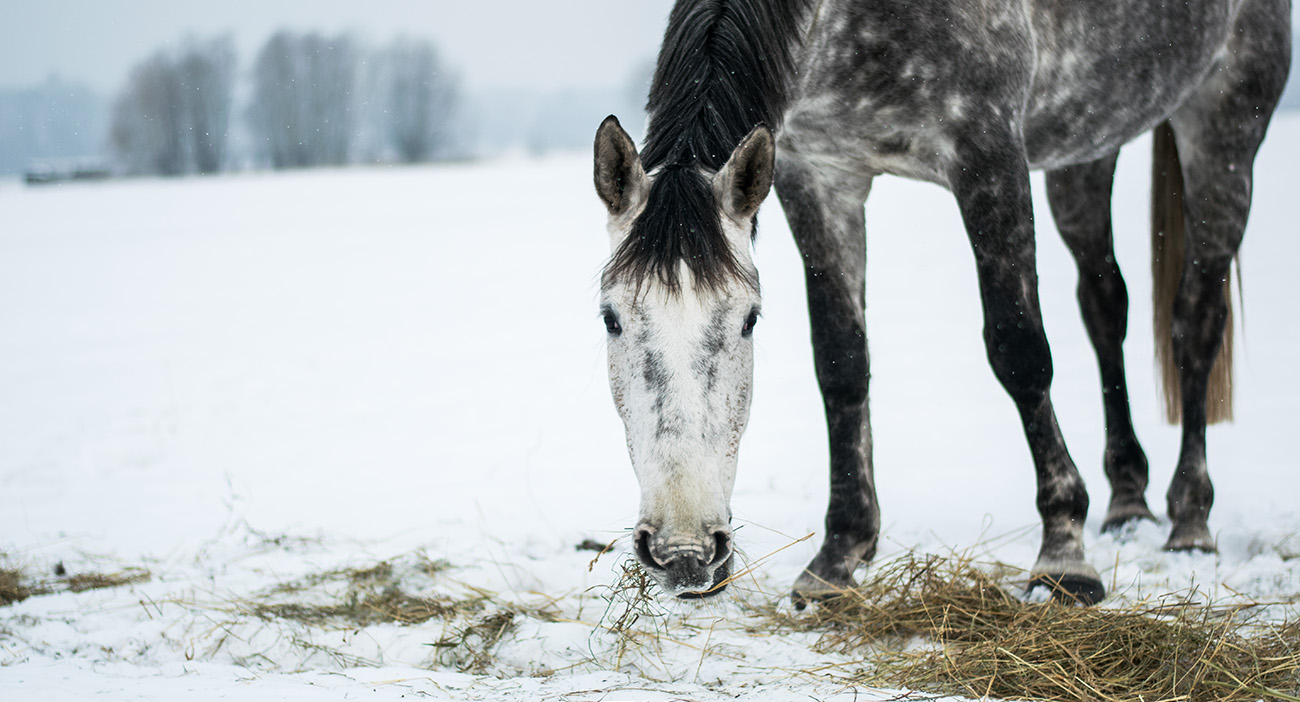
September 7, 2021
How To Feed Your Horse Indoors This Winter
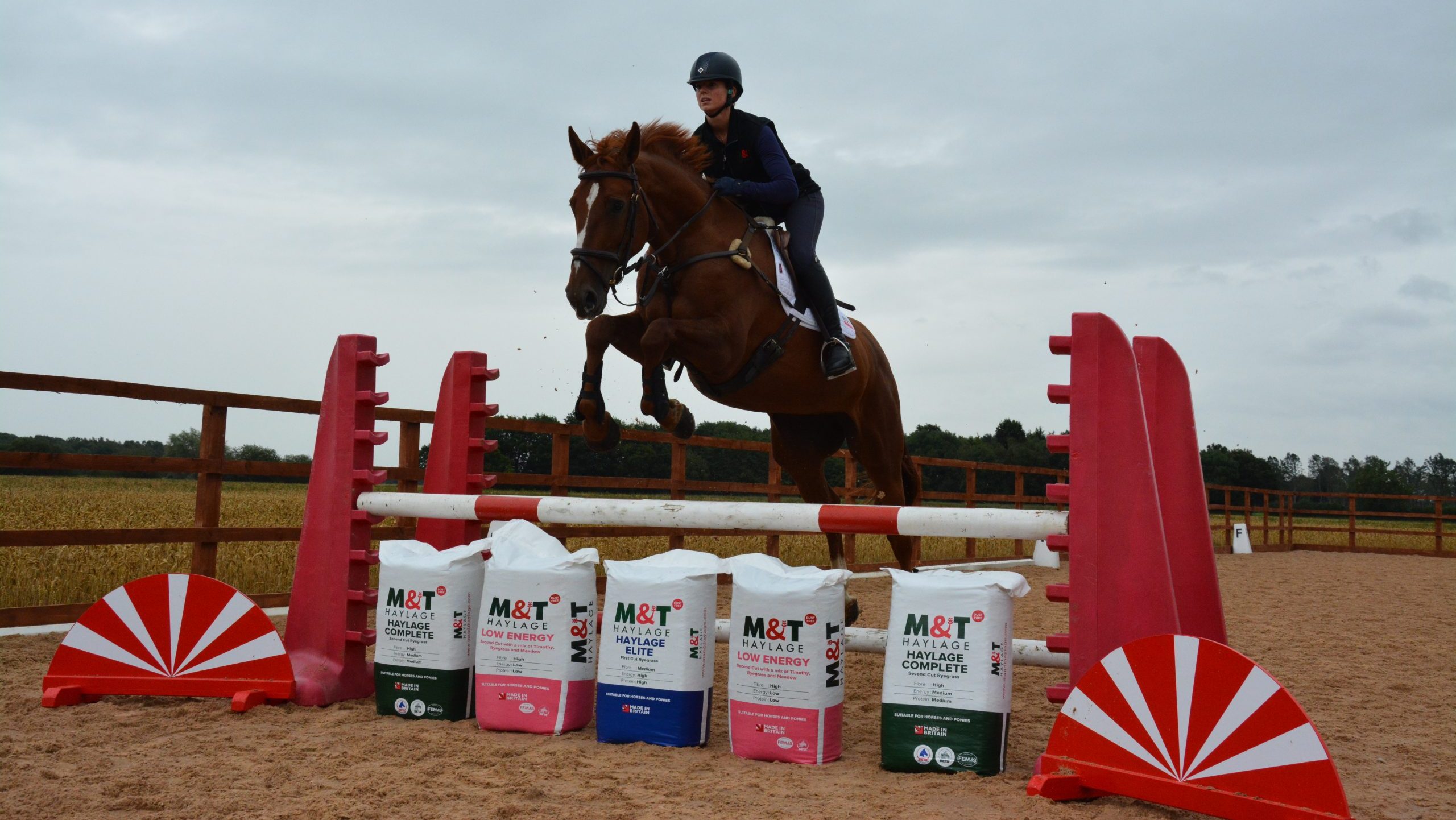
December 7, 2020
Premium Horse Forage: Ask The Nutritionist
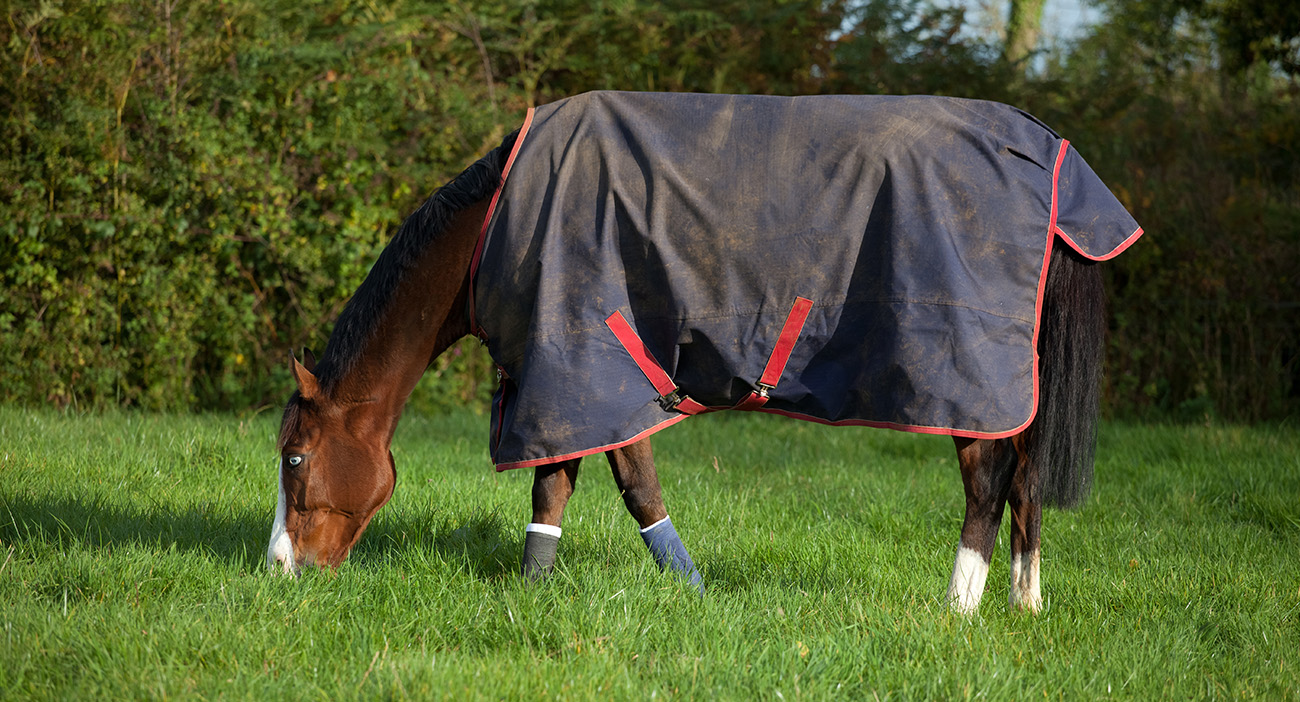
July 9, 2020
Top Tips For Managing Forage For Horses On The Go: Part One
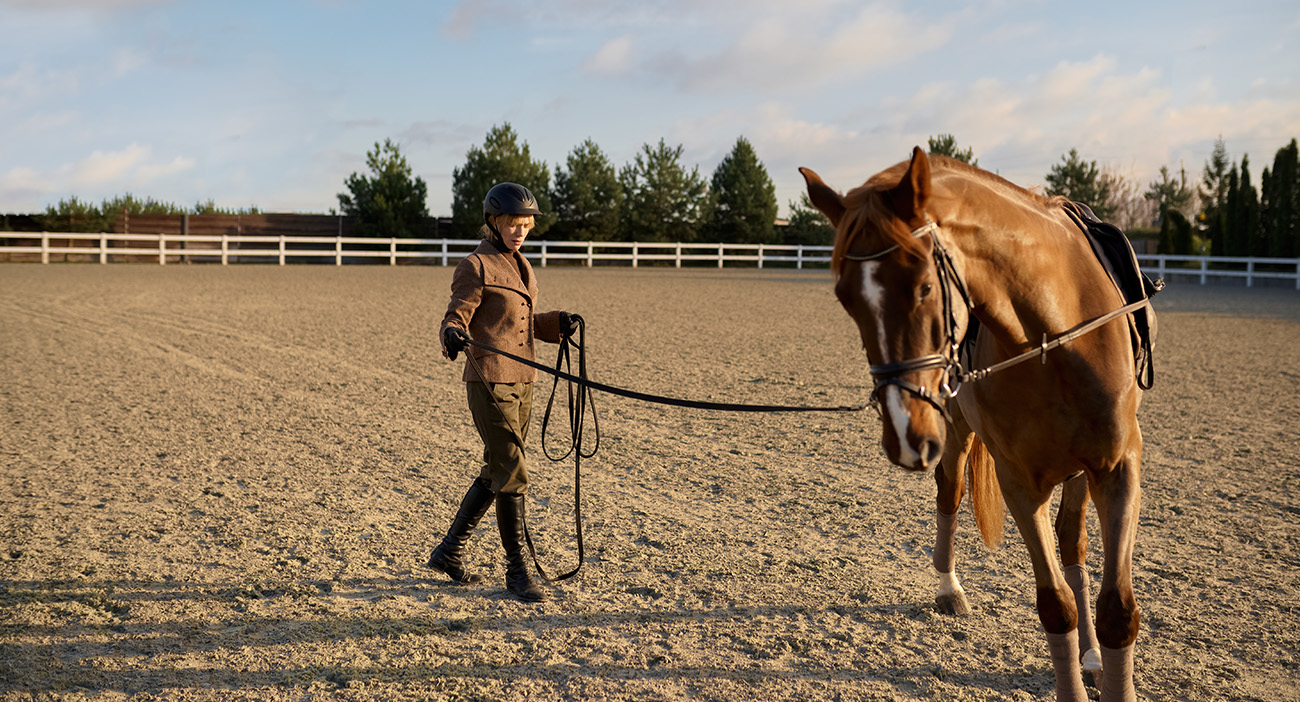
January 16, 2020
Haylage Myth Buster: Nutritionist Top Tips for Horses





